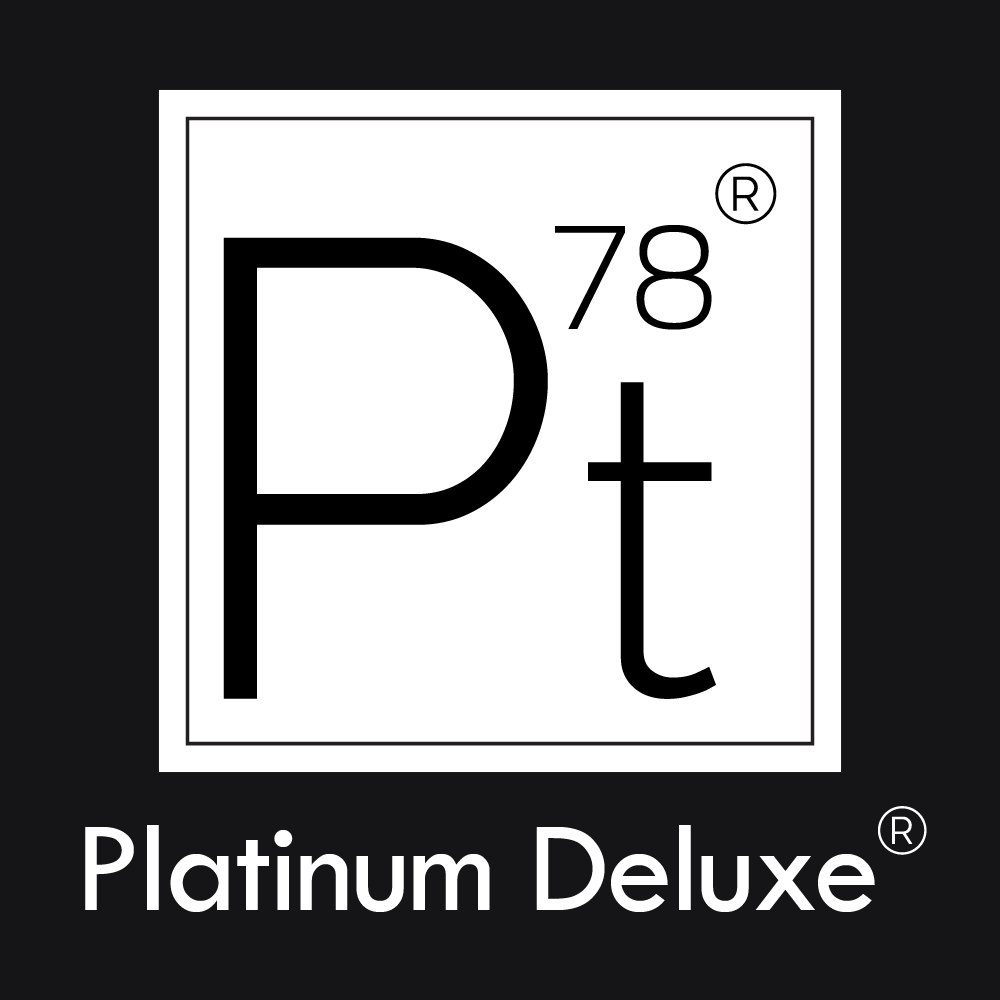
Skin Care Basics
Discover the essential tips and tricks for maintaining healthy, glowing skin with our skin care basics guide.
Understanding Common Skin Conditions
Understanding common skin conditions is crucial for maintaining healthy skin. By learning about these conditions, you can prevent misunderstandings and bullying. Skin conditions such as acne, eczema, and psoriasis are common and can affect people of all ages. Acne is characterized by pimples, blackheads, and whiteheads, and is often caused by hormonal changes or clogged pores. Eczema is a chronic condition that causes dry, itchy, and inflamed skin. Psoriasis is an autoimmune disease that leads to the rapid growth of skin cells, resulting in thick, red, and scaly patches. By understanding these conditions, you can take appropriate measures to manage them and maintain healthy skin.
Another important skin condition to be aware of is rosacea, which causes redness and visible blood vessels on the face. It can also lead to acne-like breakouts and a burning or stinging sensation. Additionally, it's important to understand the differences between moles and skin cancer. Regularly checking your skin for any changes in moles, such as size, shape, or color, can help detect early signs of skin cancer. By understanding common skin conditions, you can take better care of your skin and prevent any potential issues.
Tips for Managing Dry and Oily Skin
Managing dry and oily skin requires different approaches. If you have dry skin, it's important to keep your skin hydrated by using a gentle cleanser and moisturizer. Look for products that contain ingredients like hyaluronic acid and ceramides, which help retain moisture in the skin. Avoid using harsh soaps or hot water, as they can further dry out your skin. Additionally, consider using a humidifier in your home to add moisture to the air.
On the other hand, if you have oily skin, it's important to control excess oil production. Use a gentle cleanser that is specifically formulated for oily skin, and avoid heavy moisturizers. Look for products that are non-comedogenic, meaning they won't clog your pores. Exfoliating regularly can also help remove dead skin cells and prevent clogged pores. However, be careful not to over-exfoliate, as it can strip away natural oils and lead to increased oil production.
Regardless of your skin type, it's important to protect your skin from the sun. Apply a broad-spectrum sunscreen with at least SPF 30 every day, even on cloudy days. This helps prevent sunburn, premature aging, and skin cancer. Finally, maintaining a healthy lifestyle with a balanced diet, regular exercise, and proper hydration can also contribute to overall skin health.
The Ins and Outs of Hair Removal
Hair removal is a common part of many people's skincare routines. There are various methods of hair removal, each with its own pros and cons. Shaving is a quick and easy method that can be done at home, but the results only last for a couple of days. Waxing removes hair from the root and results in smoother skin that lasts for a few weeks. However, it can be painful and may cause skin irritation. Depilatory creams dissolve the hair, but they can also cause skin irritation and should be used with caution.
Laser hair removal is a long-term solution that uses laser technology to target hair follicles and prevent future hair growth. It requires multiple sessions and can be expensive, but the results are long-lasting. Another option is electrolysis, which involves inserting a tiny needle into each hair follicle to destroy it. This method is time-consuming and may require multiple sessions, but it provides permanent results.
When choosing a hair removal method, consider factors such as your pain tolerance, budget, and desired results. It's also important to follow proper aftercare instructions to prevent skin irritation or infection. If you're unsure about which method is best for you, consult with a dermatologist who can provide personalized recommendations based on your skin type and hair growth.
Exploring the World of Tattoos and Piercings
Tattoos and piercings are popular forms of self-expression, but it's important to understand the risks and proper care involved. When getting a tattoo, it's crucial to choose a reputable tattoo artist who follows strict hygiene practices. Make sure the tattoo studio is clean and uses sterile equipment. Discuss your design ideas with the artist and ask for their advice on placement, size, and color. Take into consideration that tattoos are permanent and may require touch-ups or removal procedures in the future.
After getting a tattoo, proper aftercare is essential to prevent infection and ensure proper healing. Follow the artist's instructions on cleaning and moisturizing the tattooed area. Avoid exposing the tattoo to direct sunlight and swimming in pools, hot tubs, or the ocean until it's fully healed. Apply sunscreen to protect the tattoo from fading.
Similarly, when getting a piercing, choose a professional piercer who uses sterile equipment and follows proper hygiene practices. Discuss the type of piercing you want and ask about the risks and aftercare involved. Follow the piercer's instructions on cleaning the piercing and avoiding any activities that may irritate it. Be patient during the healing process, as it can take several weeks or months depending on the location of the piercing.
It's important to note that tattoos and piercings may have different effects on different individuals. Some people may experience allergic reactions or complications, so it's essential to monitor the area for any signs of infection or unusual symptoms. If you have any concerns, consult with a dermatologist who can provide guidance and support.
Consulting with a Dermatologist for Skin Care Advice
While this guide provides valuable information on skin care basics, consulting with a dermatologist can offer personalized advice and guidance for your specific needs. A dermatologist is a medical professional specializing in skin health and can help diagnose and treat various skin conditions. They can provide recommendations on skincare products, treatments, and lifestyle changes that can improve your skin's health.
When consulting with a dermatologist, be prepared to discuss your skincare routine, any concerns or issues you may have, and any medications or products you are currently using. They may perform a thorough examination of your skin and may recommend additional tests or treatments if necessary. Dermatologists can also provide guidance on anti-aging treatments, skin cancer prevention, and cosmetic procedures.
Remember that taking care of your skin is an ongoing process, and it's important to establish a good relationship with a dermatologist who can provide long-term support and guidance. Regular check-ups and open communication with your dermatologist can help ensure that your skin stays healthy and radiant.



